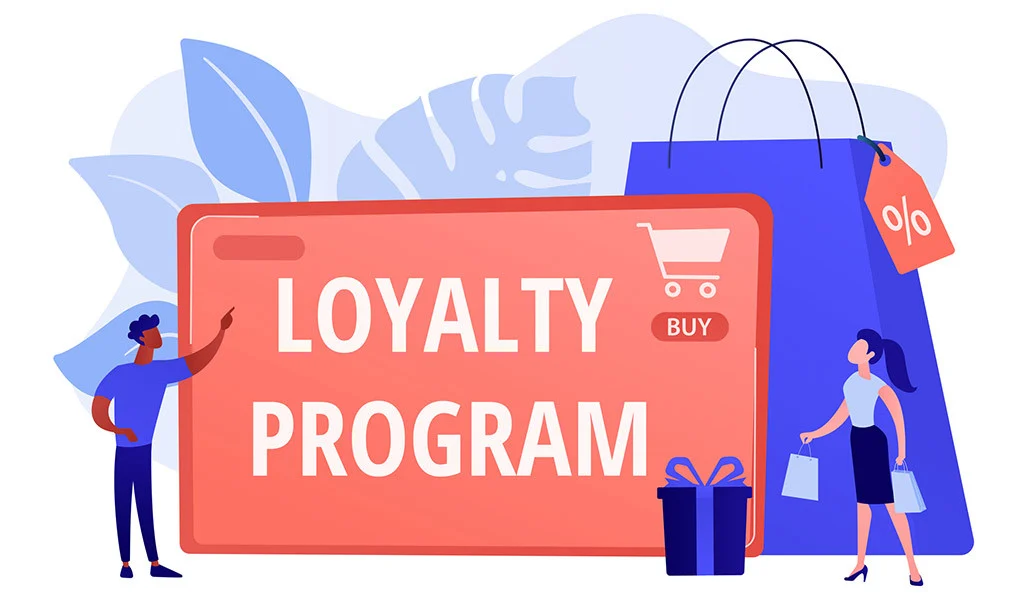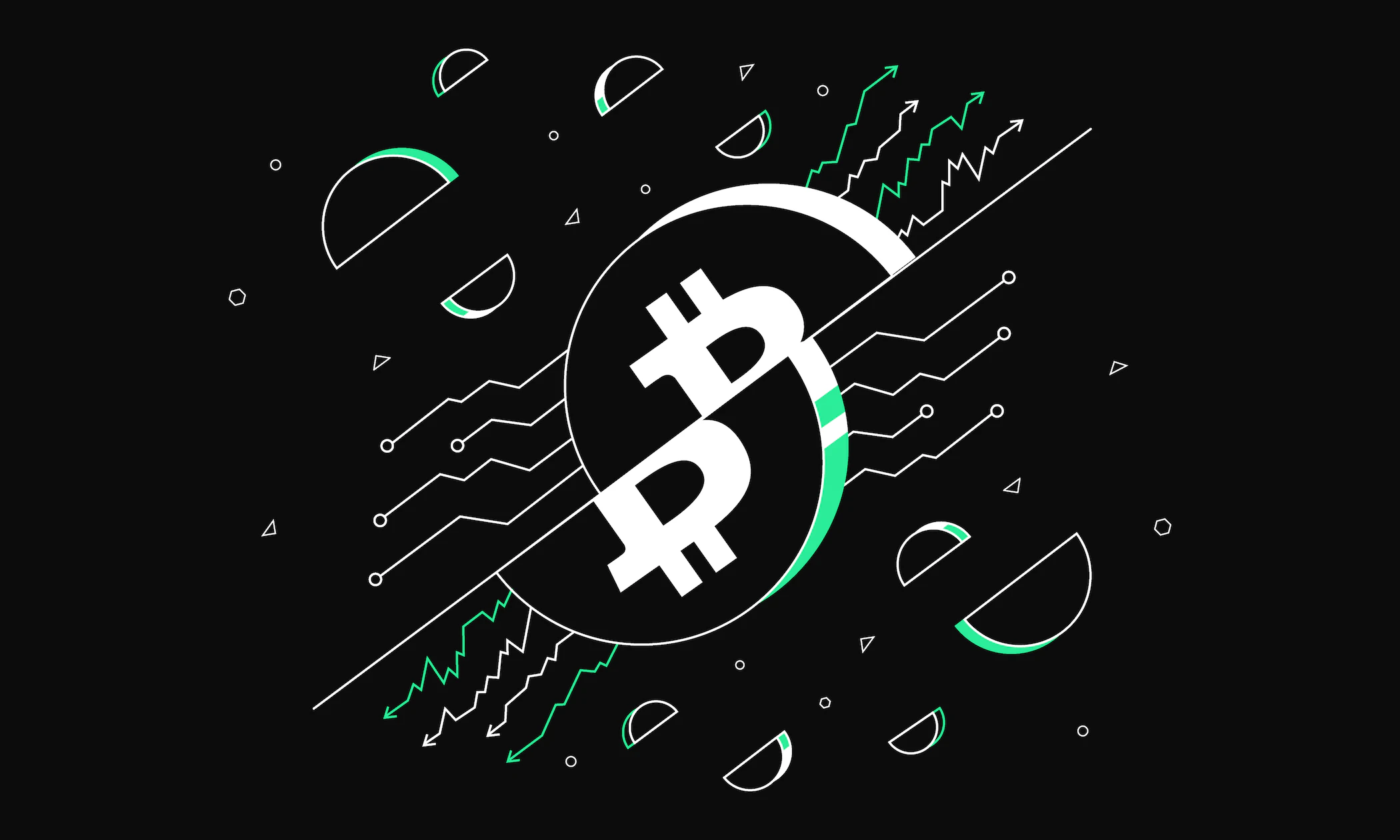Loyalty programs have been a cornerstone in the retail industry, designed to cultivate customer loyalty and drive repeat business. However, with the emergence of blockchain technology, a transformative force is reshaping the traditional approach to loyalty programs. In this comprehensive exploration, we will delve into the current state of loyalty programs, their challenges, and how blockchain is poised to revolutionize the way retailers reward and acquire customers.
The Current State of Loyalty Programs in Retail:
In today’s retail landscape, loyalty programs typically operate through centralized databases, relying on points or rewards based on customer purchases to encourage repeat transactions. However, challenges such as data security vulnerabilities, limited interoperability, and a lack of transparency have become inherent to these traditional loyalty models.
Consider a customer enrolled in a conventional loyalty program with a retail chain. Points earned from purchases within that specific store are often confined to that brand, limiting the flexibility of rewards and their utility across different retail outlets.
Blockchain’s Impact on Current Loyalty Programs:
1. Decentralization for Security:
Blockchain’s decentralized structure transforms loyalty programs’ security dynamics. By distributing customer transaction data and loyalty points across a network of nodes, blockchain significantly reduces the risk of data breaches and unauthorized access. This enhanced security establishes a foundation of trust between retailers and customers.
Example: In 2013, Target experienced a massive data breach affecting millions of customers. A decentralized blockchain system could have minimized this risk by eliminating a central point of failure.
2. Immutable Ledger for Trust:
The immutability of blockchain ensures the integrity of loyalty program data. Once transactions are recorded on the blockchain, they become permanent and cannot be altered. This feature fosters trust and minimizes disputes, creating a reliable and transparent loyalty ecosystem.
Example: If a customer disputes the accuracy of their loyalty points, blockchain’s immutable ledger provides a clear and irrefutable record of their transactions.
3. Tokenization of Loyalty Points:
Blockchain introduces tokenization, transforming loyalty points into digital tokens. These tokens are securely recorded on the blockchain, providing customers with a versatile and tradable asset. Tokenization enhances the fungibility of loyalty points, allowing customers to use them across a network of participating retailers.
Example: A customer earning loyalty points through a blockchain-based program can use these tokenized points not only for retail purchases but also exchange them for services in a broader network, creating a more attractive and versatile reward system.
4. Interoperability for Seamless Engagement:
Blockchain enables interoperability among different retailers within a network. Loyalty points stored on the blockchain are not confined to a single brand, offering customers the flexibility to redeem rewards across various participating stores. This interconnected ecosystem encourages broader customer engagement.
Example: A customer with loyalty points from a clothing retailer can seamlessly redeem those points for discounts at a partner electronics store within the blockchain network, fostering a more dynamic and rewarding experience.
Future of Loyalty Programs with Blockchain:
1. Smart Contracts for Automated Rewards:
Blockchain’s smart contracts automate reward distribution based on predefined conditions. For instance, a smart contract could instantly release loyalty points upon completing a purchase, streamlining the rewards process and enhancing customer satisfaction.
Example: A customer completes a purchase, and the blockchain-based smart contract triggers an immediate addition of loyalty points to their account, eliminating delays and enhancing the overall customer experience.
2. Enhanced Data Privacy and Ownership:
Blockchain empowers customers by giving them control and ownership of their loyalty program data. Customers can securely manage their information, ensuring data privacy compliance and fostering a more transparent relationship between retailers and customers.
Example: A customer can control access to their loyalty program data, deciding which aspects retailers can utilize for personalization while maintaining strict control over sensitive information.
3. Incentivizing Customer Acquisition:
Blockchain enables retailers to create innovative loyalty programs that attract new customers. Tokenized loyalty points and transparent reward structures can serve as powerful incentives, enticing potential customers to choose a particular retailer over competitors.
Example: A new customer, intrigued by the tokenized rewards and transparent loyalty program of a blockchain-enabled retailer, decides to make their first purchase, kickstarting their engagement with the brand.
4. Cross-Industry Collaboration:
The decentralized nature of blockchain facilitates cross-industry collaboration in loyalty programs. Retailers can join forces to create a universal loyalty ecosystem, allowing customers to use their rewards seamlessly across various sectors, from retail to hospitality.
Example: Loyalty points earned from a retail purchase can be redeemed for a discount at a partnered restaurant or hotel within the blockchain network, providing customers with a broader range of benefits.
Conclusion:
As we look ahead, blockchain technology is poised to revolutionize loyalty programs in the retail industry. By addressing the challenges of traditional loyalty models and introducing innovative features like decentralization, tokenization, smart contracts, and enhanced data privacy, blockchain is shaping a more dynamic, secure, and customer-centric loyalty ecosystem. The integration of blockchain in loyalty programs is not merely a technological advancement; it represents a strategic shift for retailers aiming to stay competitive in an ever-evolving market. The future of loyalty programs is blockchain-enabled, promising a more seamless, transparent, and rewarding experience for both retailers and customers alike.
In conclusion, blockchain technology is not just another upgrade for loyalty programs; it’s a complete game-changer. Rewriting the rules of engagement, it empowers customers, fosters trust, and paves the way for a more dynamic, rewarding, and human-centric retail experience. The future of loyalty programs is blockchain-enabled, promising a revolution in how retailers and customers interact and engage in the retail landscape.




